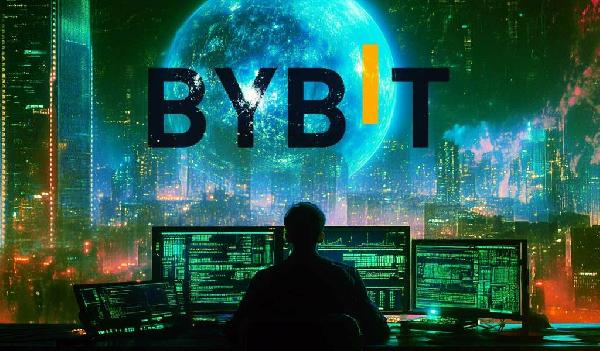
DeFi faced its worst quarter since 2023 as it lost $300 million in Q2.

DeFi faced its worst quarter since 2023 as it lost $300 million in Q2.


CertiK noted that two incidents alone accounted for $1.78 billion of crypto losses in the first half of 2025.

Binance and OKX set the gold standard for proof-of-reserves reporting; Coinbase fails to publish any, says CryptoQuant.

Trump made $57M via WLFI, Bybit announced a hybrid DEX, and a French influencer was freed after showing low funds.


Ben Zhou says Lazarus hackers used mixers, bridges, and swaps to hide funds.


eXch plans to shut down operations but refutes allegations of its role in laundering funds from February’s Bybit hack.

There was a notable plunge in Bybit’s spot trading volumes, but the exchange’s RPI order ensured retailers had enough liquidity and tighter bid-ask spreads.


OKX has denied involvement in laundering Bybit’s stolen funds, and stated that its Web3 wallet operates like other industry-standard self-custody services.



Bybit CEO Ben Zhou said 83% of stolen funds were converted to Bitcoin and spread across 7,000 wallets, with 20% untraceable and 3% frozen.

In the new scam, attackers are mimicking official Binance communication to trick victims into transferring funds to fake wallets.

Despite laundering attempts via Tornado Cash and AnySwap, law enforcement reclaimed $31M in stolen funds from the Uranium Finance exploit.

Thorchain is facing operational risks as developers look to quit over disagreements on handling sanctioned funds linked to North Korean hackers.

FBI investigation into Bybit hack reveals Lazarus Group’s sophisticated cyber tactics, including TraderTraitor malware for unauthorized network access.

Hack explanation leaves CZ unsatisfied, as he raises concerns about compromised developer machines and multi-signer vulnerabilities.



